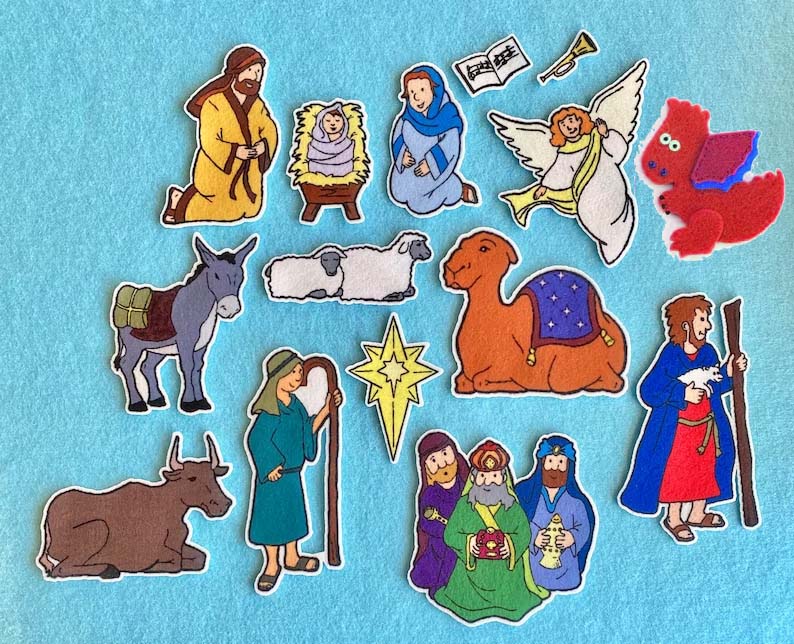Once one has become awakened to the full depth of the corruption and deceit currently swallowing our world, life gets more uncomfortable in many ways. Apart from the small matter of losing friends, not only can one not unsee what one has seen, but each day’s news brings new (and depressing) insights into how the whole mess fits together.
If, like me, one also spends one’s days exploring the truth behind the information in order to share it here, I confess there are days when black despair creeps over me. For some reason, this is usually most marked on on Sunday mornings, and the (partial) antidote is the morning service and, currently, some excellent teaching from the Book of Revelation, of which more anon.
As the Book Ecclesiastes shows, though, wisdom is actually better than foolishness for all its griefs. The alternative to having a true, if bleak, picture of how the world currently operates is to experience the bad news of pandemics, wars, recessions, the abolition of history, science and women, and so on as being apparently fortuitous. One may be slightly less pessimistic, until the heating goes off or one’s job disappears, but one is constantly on the back foot and – crucially – unable to respond in any effective way. Instead one simply becomes a passive recipient of whatever propaganda the world wants one to believe, increasingly miserable but helpless, and (until it is too late) mouthing useless platitudes like “It is what it is.”
And here’s where what I call “Flannelgraph Christianity” needs to be challenged. Bear with me while I explain. Older readers will remember having Bible stories illustrated in Sunday School by little felt figures – made by Flannelgraph – which kept falling off the background, to the kids’ amusement. I’ve long held that many adult Christians still see the Bible in that Flannelgraph way, as a self-contained world with no real relationship to this one. In the Flannelgraph world believers conversed easily with God, met angels regularly, had their problems solved miraculously and so on. There are no politics, no economics, no complicated relationship problems between believers, and no theological disagreements. The reason is that people are not seriously grappling with the real world that the Bible describes, which is very much like our world, though viewed with God, rather than material nature, as its warp and woof.
One example of what I mean is the content of many modern worship songs, which boldly, or even stridently, proclaim the victory of our great God over everything, without ever, apparently, explaining how it is that evil seems to be triumphing in every actual area of life we experience, when we’re not enjoying the escapist entertainment of public worship. It’s often as if we’re building an alternative world of wishful thinking in which God reigns, whilst our daily experience disconfirms it at every point from unhealed diseases to the non-appearance of long-awaited revival. We never really resolve the apparent disparity because we’re constantly on the back foot, reeling from the latest unrelated scares about a dying planet, an insane nuclear Putin or unaffordable fuel bills.
But the Book of Revelation (I promised I’d get back to it) hasn’t ever found its way into a Flannelgraph set – or if it did, it was X-rated. It is, indeed, all too common to partition it off from real life in another way, as a surreal nightmare about the distant future, but it doesn’t lend itself to the cosy make-believe tea-towel world into which Paul, or Moses, or even Jesus, can be fitted.
Properly taught and understood, though, Revelation is more than any other biblical book a book about the present state of the world – the real state of the world – for believers. That’s been so for the last 2000 years, though I’m enough of a futurist to believe that it is a whole lot easier to connect to the daily news now than it even was when I started teaching it to teenagers around 1990.
The problem with the Flannelgraph faith is that it leaves the individual secretly thinking, once the triumphalistic songs fade away, “If God is so powerful and loving, and Jesus is the Victor, how come he’s not doing anything about the current mess?”
The Book of Revelation replies, “What do you mean he’s not doing anything? Haven’t you noticed the judgement he’s bringing to fruition?” Revelation presents the catastrophes of history in three ways, in particular: as seven seals, denoting their necessity (and incidentally the protection of the saints), as seven trumpets, denoting their warnings to repent, and as seven bowls denoting present and future judgement. Once believers have a grasp of this, even if they are a bit slow on the uptake on the details of geopolitics, corporate corruption and this week’s false religion, they are no longer going to be wrong-footed by the latest deception, and will have time to ask, “If these things are what God himself is bringing about, as promised in Scripture, then how does the gospel fit in, and how do I fit in?”
At that point the ordinary Christian can become part of the solution, rather than part of the problem. For the Cross and the Resurrection (and everything that goes with them) were the messy and miraculous means that God planned – the only possible means, I believe – both to save the lost and to rid the world, finally, of all that is evil. The desperate thrashings of Satan are not an embarrassment to the message of the Cross – they are its transient outcome.
Just as Flannelgraph doesn’t appear to do Revelation, it seems a bit weak on the cosmic scope of the Gospel of Jesus Christ, too. And that’s a shame, but with Christmas coming up, maybe there’s still time to put the dragon back into Christmas for the children.


